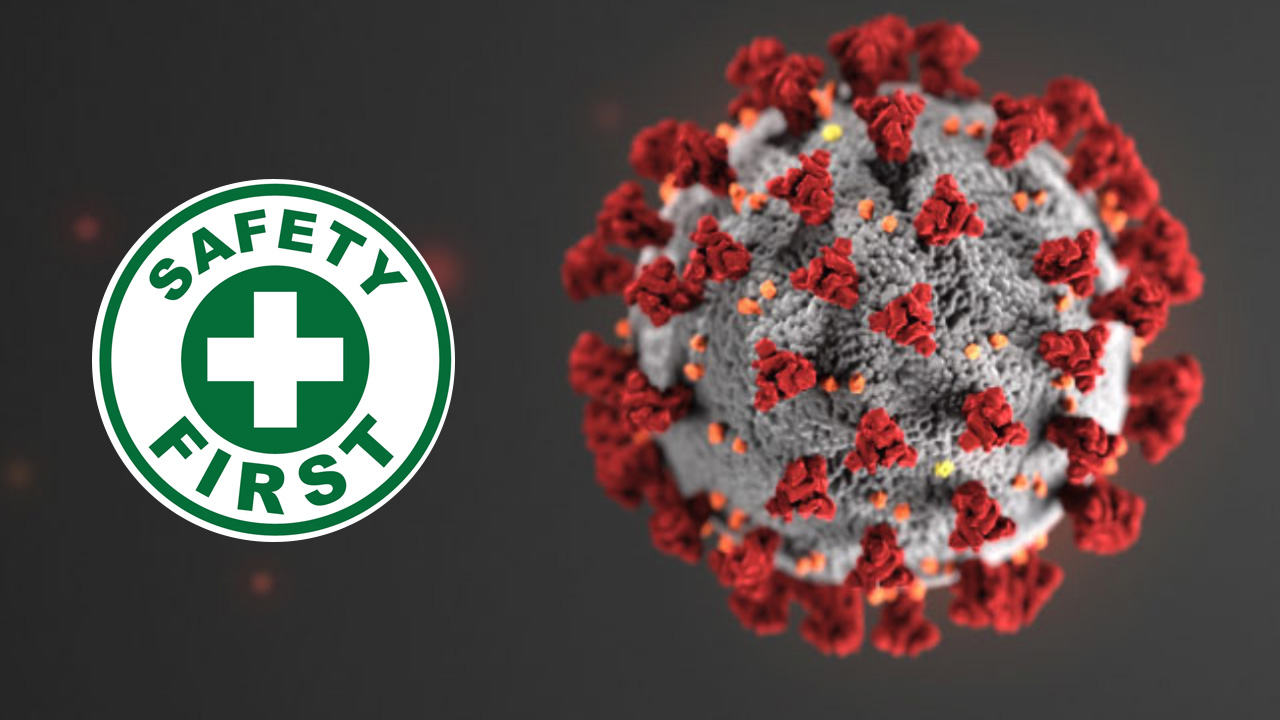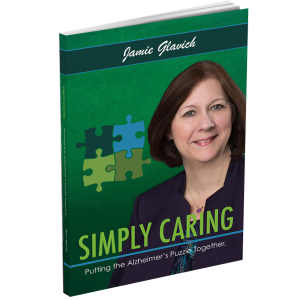
In March, our word of the month is Mental Health, or more specifically, Mental fitness. Mental fitness is important for many reasons. Engaging in a variety of activities can keep your brain in tip-top shape, assist to decrease stress, increase self-confidence, promote better sleep, and boost brain function.
Just like physical fitness, there are many different activities that improve mental fitness. Start now by choosing a variety of activities. Make sure you are doing them consistently, and over time, you may begin to notice improvements in things like mood, memory, creativity, and problem solving.
Mental Fitness Activities
- Get outside.
- Eat a healthy diet including fruits and vegetables.
- Exercise regularly and try new exercises.
- Practice good sleep hygiene.
- Read often and choose new subjects.
- Challenge your intellect and memory with games such as Sudoku or chess.
- Make time to relax.
- Daydream.
- Take up a new hobby.
- Engage in stimulating conversations.
- For the technologically savvy, download brain training apps such as Words With Friends, Lumosity, or Duolingo.
- Learn a second language.
Our team at Almost Home is dedicated to keeping our friends engaged and active in a variety of activities that are good for the body and the mind. Do you have a Mental Fitness activity you’d like to share with us? Would you like to learn more about the services offered at Almost Home? Contact us and we will get back with you shortly.



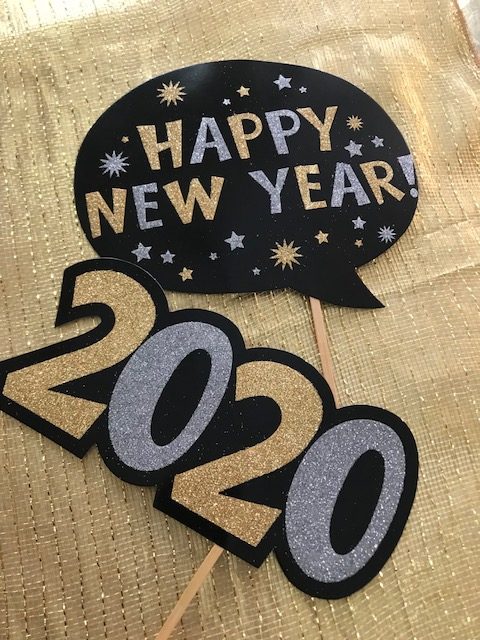
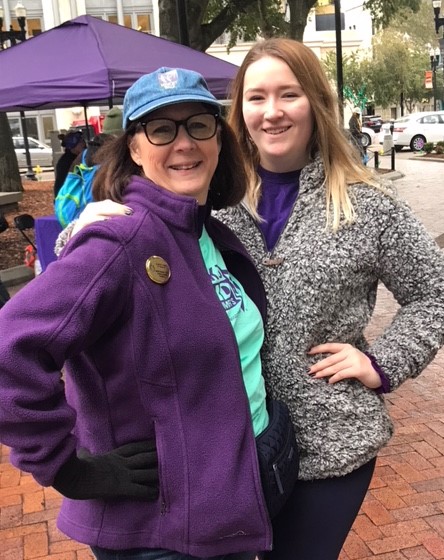

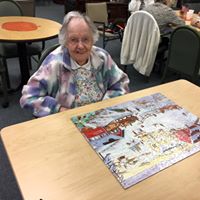
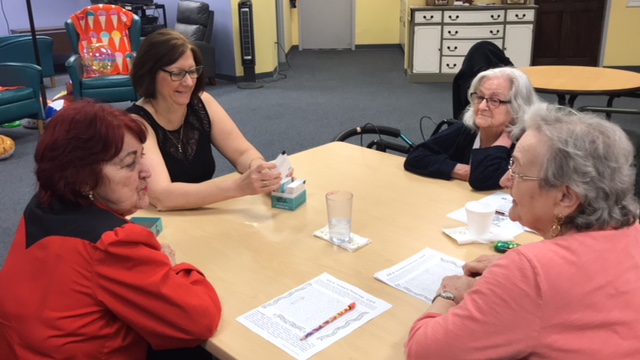
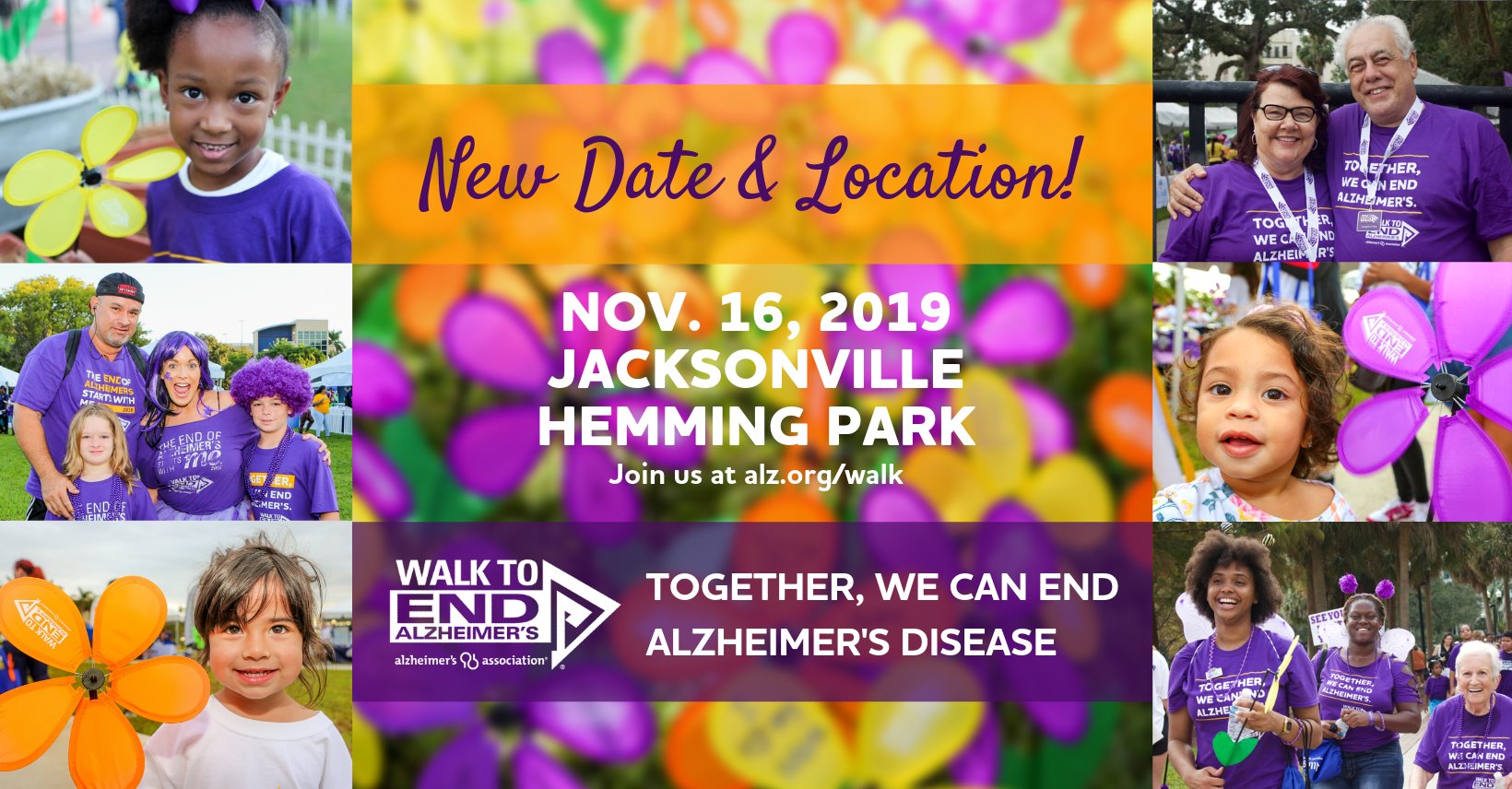
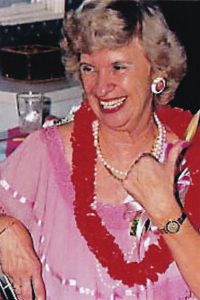 Why I Walk to End Alzheimer’s
Why I Walk to End Alzheimer’s

